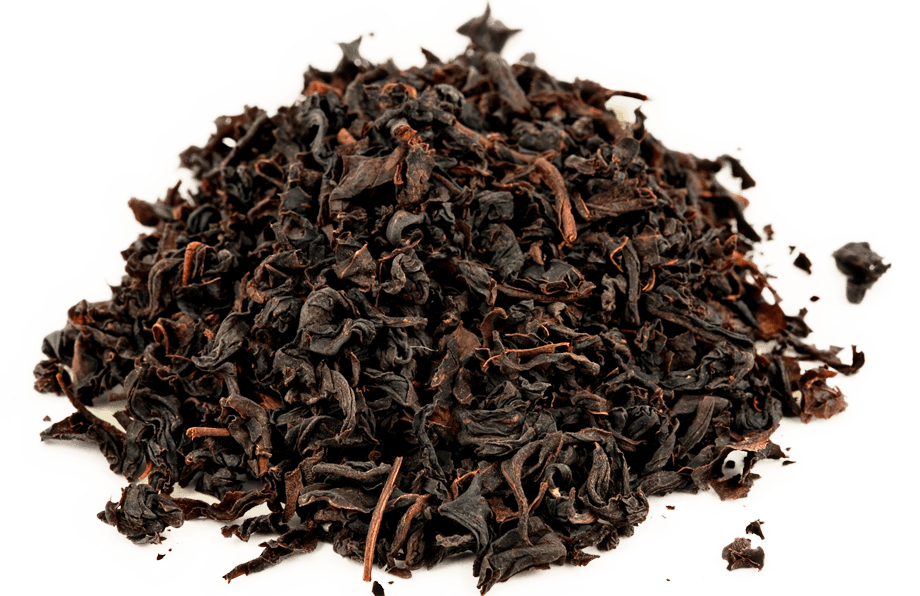Organic Nilgiri Black Tea
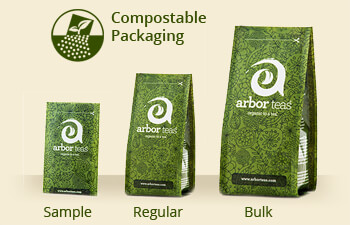
This fine organic black tea is produced in the Nilgiris District of southern India. Sourced from the Fair Trade Certified, Korakundah Estate, this leaf is grown at an altitude of over 10,000 feet above sea level at the highest organic tea estate in India (if not the world)! This Nilgiri FBOP organic loose tea is composed of small open, slightly twisted broken leaves of uniform size and deep reddish brown color. As is typical of high-quality organic tea from India, the infusion offers a straightforward but delicate flavor, floral and brisk.
Tip: This tea is particularly suited to iced tea preparation as it resists clouding more than most.
Ever wonder what those initials "FBOP" stand for? Check out our information on tea grading to find out!
Ingredients: organic and Fair Trade Certified Indian black tea
Origin: Korakundah Estate, Nilgiri, India
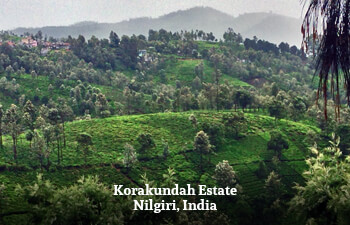
The Nilgiris District lies in the southern Indian state of Tamil Nadu in the Nilgiri mountain range (blue mountains) within the Western Ghats. It has a cooler temperature than surrounding areas due to the elevation, making it idea for growing tea. Tea has been grown and cultivated in and around this area since the 1800s, and now the relatively small area (35 x 20 miles) has tea plants tucked into almost every slope and valley. Because of its altitude and distinct wet and dry seasons, the tea of Nilgiri differs greatly from others grown in well-known locations like Assam or Darjeeling.
The Korakundah Estate is the highest estate in the region located at 10,000 feet above sea level. To support its organic farming, it has developed a particularly robust vermiculture system, raises its own algae for fertilizer, and has an on-site cow farm for manure production. Fair Trade certified in 1994, the United Nilgiri Tea Estates Co.Ltd includes Korakundah as a member organization. They have used their premiums to develop a pension program, provide cooking gas for all workers, and purchase a school bus, among many other initiatives.
Steeping Instructions
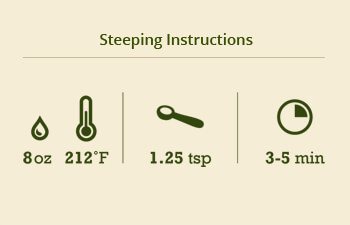
At Arbor Teas, we believe tea should be brewed to suit your personal taste. We’re happy to make recommendations to get you started, but don’t hesitate to experiment! When brewing your tea, your main considerations are tea quantity, water temperature, and steeping time. We recommend black teas to be steeped for 3 to 5 minutes in water heated to a full, rolling boil. For the best flavor, use fresh water whenever possible, and avoid overboiling. Try not to steep your tea longer than necessary, as you’ll extract undesirable bitterness from the leaves. If you want a stronger brew, don’t steep longer, just use more tea. And don’t forget to re-steep your tea leaves to get the most out of your leaf!
Looking for more info? Check out our How-To Guides and Eco-Brewing Tips!
Staff Perspectives
 Peggy
Peggy
"This is a lunch time favorite for me, I always keep a pitcher of it iced in the fridge!"
 Jeremy
Jeremy
"I love Nilgiris for iced tea - straightforward and doesn't cloud as much as others."
 Aubrey
Aubrey
"Back to our roots! This Nilgiri tea is grown on the beautiful Korakundah Estate, which was our very first source (and one of our most preferred!) for Nilgiri tea. "
Health Benefits
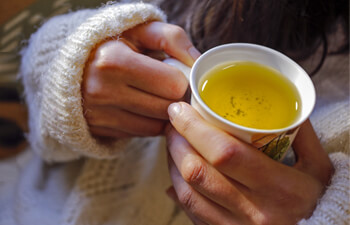
Like all true tea, black tea offers many potential health benefits. Research has found that tea (Camellia sinensis) can have many positive effects on human health, including improved cardiovascular function, cancer risk reduction, improved immune function, improved oral health, and help with weight management. Tea is also full of polyphenols, which are a class of antioxidant that help your body maintain homeostasis and balance your stress levels. Black tea specifically has been found to regulate blood sugar in diabetics better than other types of tea, according to a study done by the University of Massachusetts Amherst.
For more information about the health benefits of black tea and other types of tea, and for direct sources of the above information, check out our Tea Health Benefits page!
Please note: the information above is for educational purposes only and has not been evaluated by the Food and Drug Administration. This information is not intended to diagnose, treat, cure, or prevent any disease.
Iced Tea
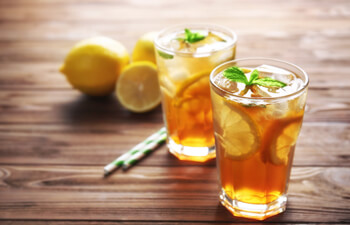
According to the USDA, Americans consume more than 2.2 billion gallons of tea per year, about 80 percent (around 1.75 billion gallons) of which is iced. That's an average of nearly 6.5 gallons of iced tea per person! Iced "sweet tea" has been consumed in the south for 100 years or more, but with the rise of fast food restaurants (nearly all of which sell iced tea), America has watched its tea consumption double in the past 30 years.
Iced tea was most likely introduced to America during the 1904 St. Louis World Fair by tea merchant Richard Blechynden. The fair was held on a sweltering day in the summer, and Blechynden was having a difficult time promoting hot Indian black tea to the attendees. So, the enterprising merchant and his staff developed an apparatus in which brewed Indian tea would flow through iced lead pipes, creating a chilled beverage and a successful day for Blechynden!
For even more information about this and other traditions, visit our Tea Traditions Page!




